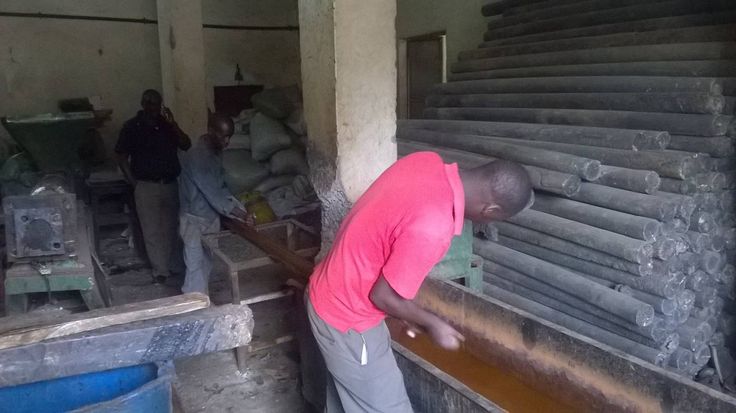On the shores of Lake Naivasha, where thick mats of water hyacinth have long suffocated aquatic life and crippled local fisheries, a Kenyan engineer has found an unlikely solution.
Joseph Nguthiru, founder and CEO of HyaPak, is transforming the invasive weed into biodegradable alternatives to plastic, tackling two environmental crises at once — plastic pollution and ecosystem degradation.
“Water hyacinth is the world’s most invasive aquatic weed,” Nguthiru explained. “It destroys aquatic ecosystems and affects fishing, irrigation, and even increases malaria risks.”
HyaPak’s signature product, biodegradable seedling bags, can be planted directly into the soil. As they decompose, they release nutrients that boost plant growth, while eliminating the need for single-use plastic. “Our products feel and perform like plastic but decompose quickly, solving two problems at once,” Nguthiru said.
So far, his team has cleared more than 20 acres of water hyacinth from Lake Naivasha. The innovation has not only created jobs for local communities but also earned Nguthiru international recognition. This year, he was awarded the 2025 Young Champion of the Earth Award by the United Nations Environment Programme (UNEP).
Nguthiru’s story highlights how Africa’s environmental challenges are also inspiring groundbreaking solutions that could shape the future of sustainable industries.


